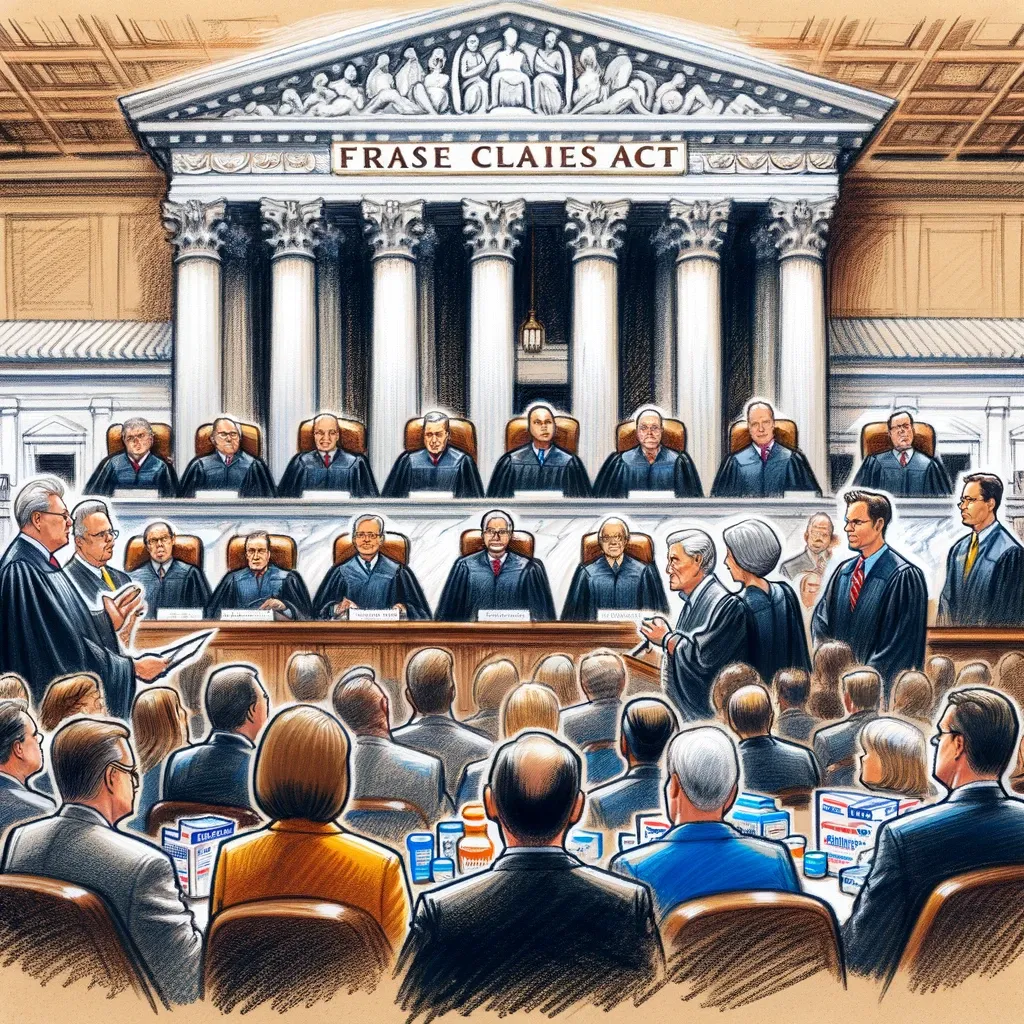Case Digest on United States et al. ex rel. Schutte et al. v. Supervalu Inc. et al.

This case involves allegations against retail pharmacies under the False Claims Act (FCA), focusing on the legality of their pricing and billing practices. The key doctrine pertains to the standards and evidentiary requirements under the FCA for proving that claims made to government programs were knowingly false.
Introduction:
United States et al. ex rel. Schutte et al. v. Supervalu Inc. et al. presents a significant examination of the False Claims Act's application to the practices of retail pharmacies, with broader implications for healthcare fraud and government reimbursement policies.
Facts of the Case:
Petitioners, acting as whistleblowers under the False Claims Act, have brought forth allegations against Supervalu Inc. and other retail pharmacies. The case centers on accusations that the pharmacies knowingly charged government healthcare programs higher prices than the market rates, thereby submitting false claims for reimbursement.
Issue of the Case:
The Supreme Court is tasked with determining the evidentiary standards required to prove a violation of the False Claims Act in the context of retail pharmacy pricing and whether the pharmacies' billing practices constituted knowingly submitting false claims.
Ruling of the Case:
The Court's decision will clarify the legal thresholds for demonstrating knowledge and intent under the False Claims Act, particularly in cases involving complex pricing and billing mechanisms within the healthcare sector.
Impact on the Legal System:
This ruling is poised to have a substantial impact on the interpretation and enforcement of the False Claims Act, affecting healthcare providers, government reimbursement strategies, and the legal framework for whistleblower claims.
Conclusion:
United States et al. ex rel. Schutte et al. v. Supervalu Inc. et al. is a landmark case that addresses critical questions about the scope of the False Claims Act, healthcare fraud, and the accountability of entities participating in government reimbursement programs. The Supreme Court's decision will likely set important precedents for future FCA litigation and healthcare billing practices.

